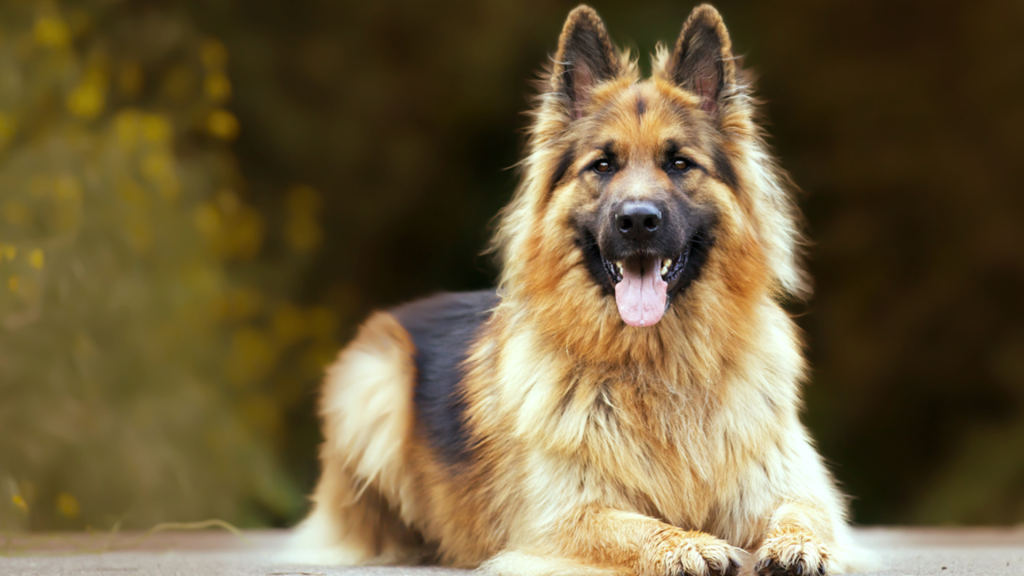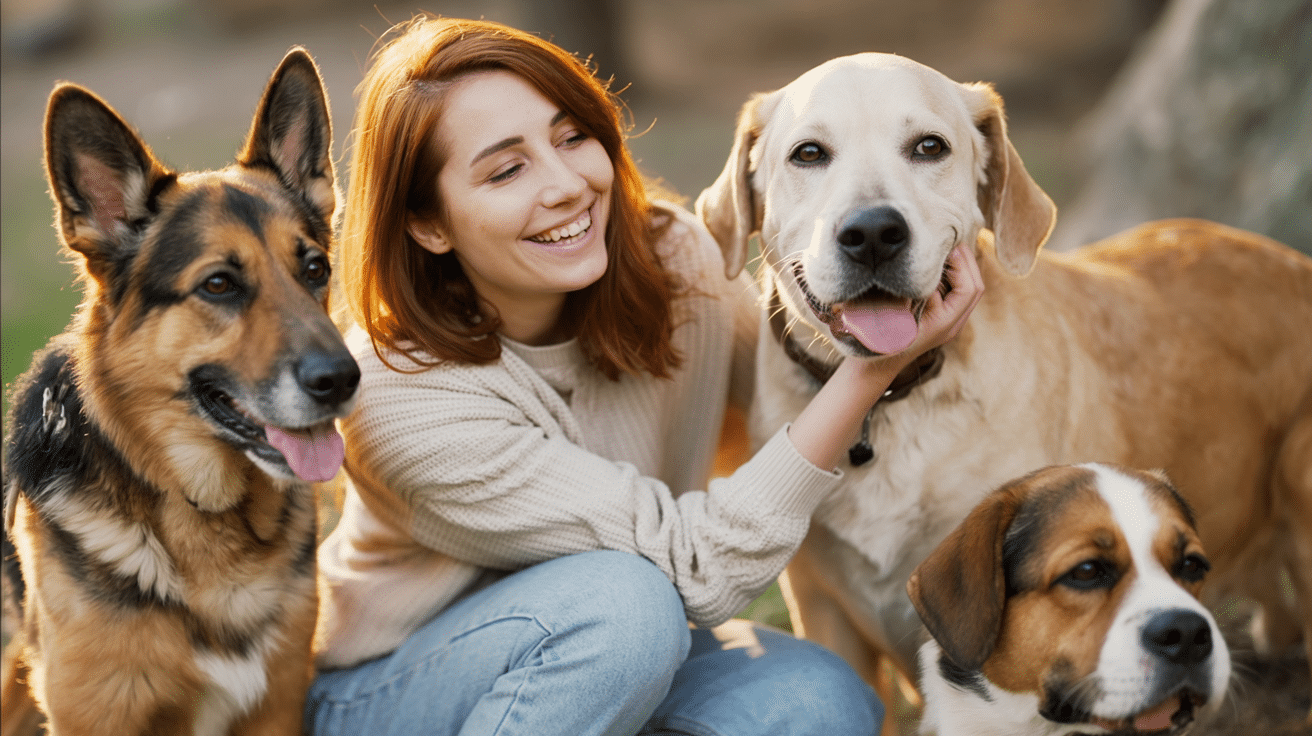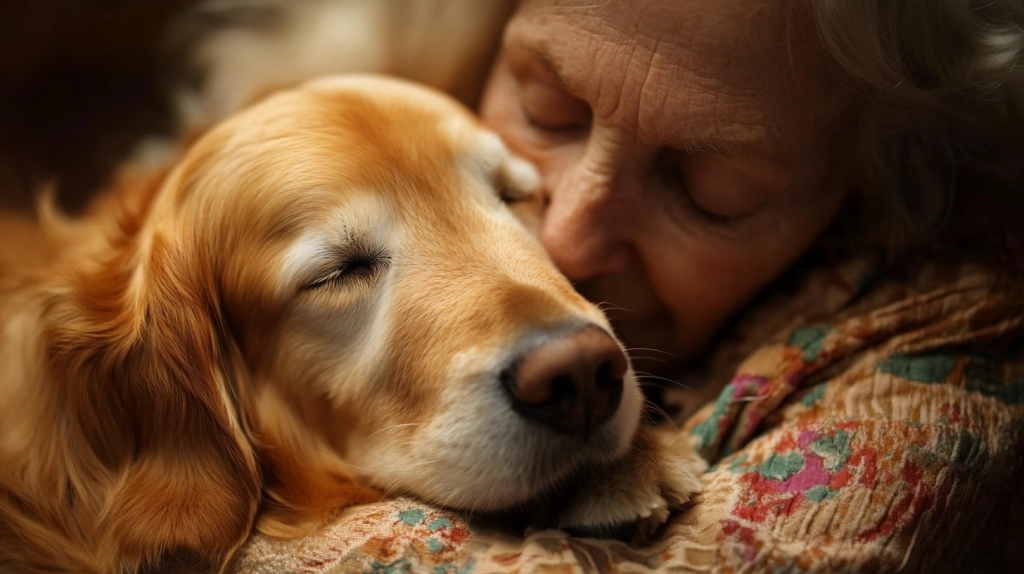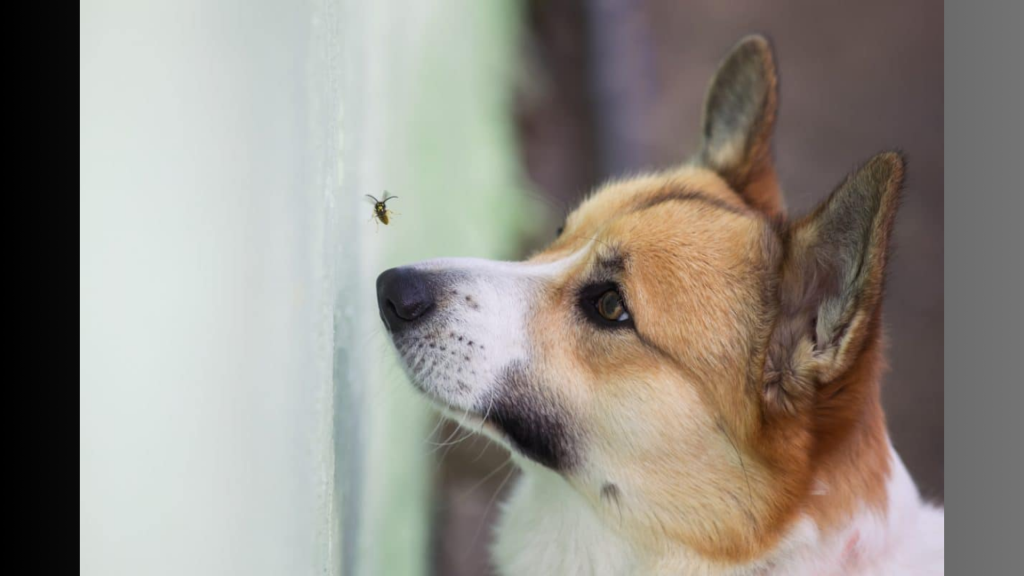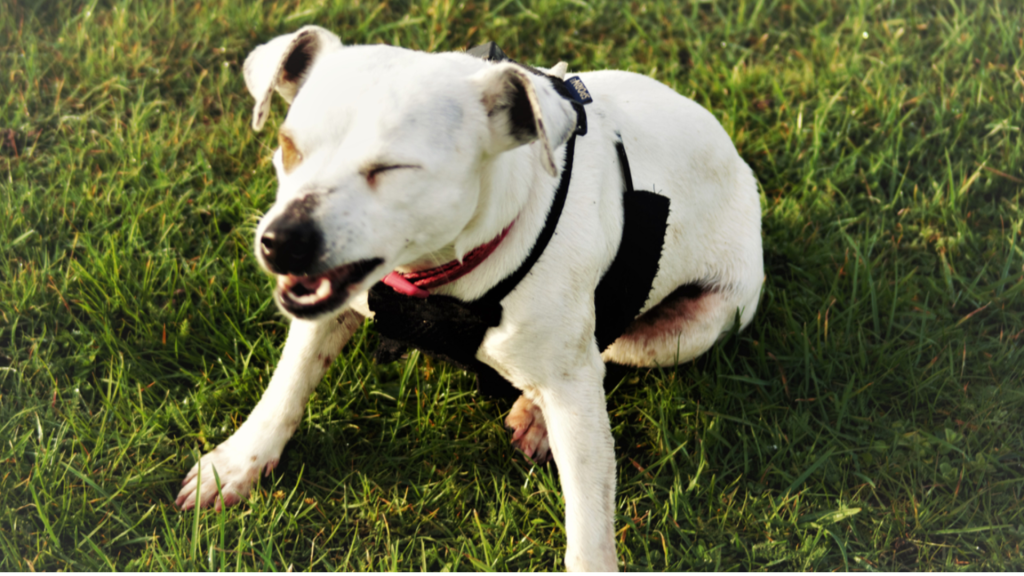German Shepherds rank among the world’s top guard dog breeds for good reason. These dogs combine fierce loyalty with intelligence that’s hard to beat.
German Shepherds naturally protect their families while remaining gentle with children.
They’re trainable, alert, and have the size to deter intruders. This article explains why German Shepherds excel as guard dogs and what owners should expect from this remarkable breed.
Why German Shepherds Are Natural Guard Dogs
German Shepherds were bred in the 1800s to protect sheep from wolves and thieves, so these protective instincts are still strong today.
Their ideal physical build includes weighing 50-90 pounds with powerful jaws and 30 mph speed, making them big enough to stop threats but agile enough to move quickly.
They have superior senses that let them hear four times farther than humans, see clearly in darkness, and track old scents, helping them detect danger early.
High intelligence helps them learn commands quickly, solve problems alone, and tell real threats from normal visitors.
Their work-driven nature means they need jobs, and guarding provides the mental stimulation they crave.
German Shepherds focus their protection on specific family members they love most, and when properly trained, they know when to be gentle pets versus serious protectors, making them excellent choices for genuine home protection.
How to Harness Their Protective Instincts
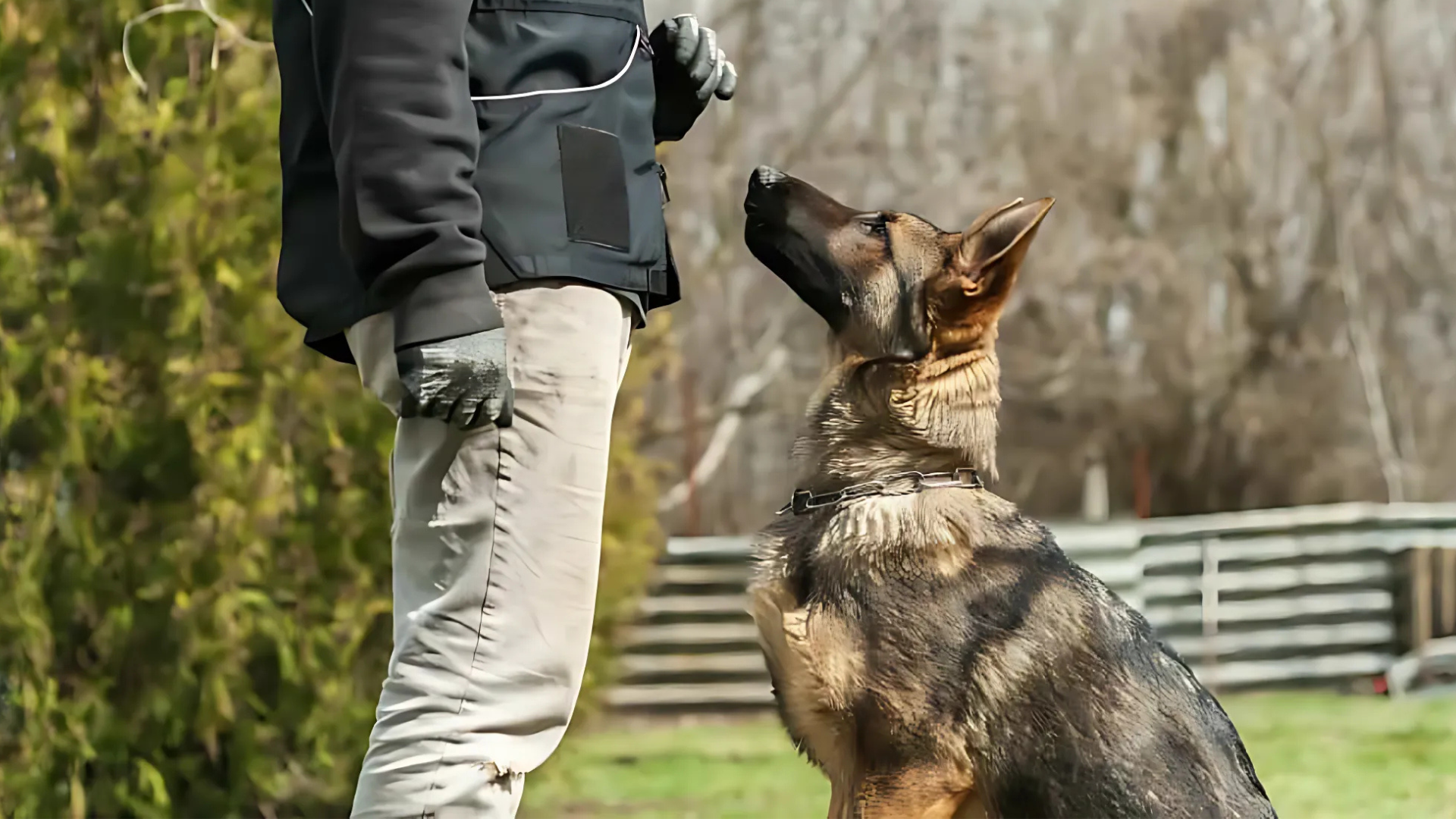
Training a German Shepherd to harness their protective instincts involves consistent obedience training, socialization, and clear boundaries.
Start Early with Basic Commands
Begin training German Shepherd puppies with basic obedience before their protective instincts fully develop around 6-8 months.
Master “sit,” “stay,” “come,” and “quiet” first. These foundation commands are essential before any guard training begins.
Socialize Properly
Well-socialized German Shepherds make better guard dogs because they can tell friends from real threats. Expose puppies to different people, places, and situations early.
Dogs without proper socialization often become aggressive toward everyone, not just actual dangers.
Use Positive Training Methods
German Shepherds respond best to reward-based training with treats, praise, and play.
Never use harsh punishment, as this can make dogs unpredictable or fearful. Positive methods build confidence and trust.
Establish Clear Rules
Teach specific commands for different situations. “Watch” means pay attention, while “friend” signals someone is welcome.
Set consistent rules about when barking is okay and when they should be quiet.
Train the “Release” Command
This is the most important command for protective dogs. Your German Shepherd must immediately stop when you say “release” or “enough.”
Practice in calm situations first, then use during intense moments.
Provide Mental Stimulation
Bored German Shepherds often become overprotective. Use puzzle toys, training sessions, and new challenges to keep their minds busy.
Mental exercise makes them calmer and more focused.
Work with Professionals
Guard dog training requires expertise most pet owners don’t have.
Professional trainers teach advanced techniques safely and assess whether your dog has the right temperament for protection work.
Set Realistic Expectations
Training takes months or years to perfect. Focus on creating a well-behaved, obedient dog first. Protective instincts will develop naturally with proper guidance.
A well-trained German Shepherd is both a loving family pet and effective protector when truly needed.
Potential Challenges and Management
1. Over-Guarding and Over-Protectiveness:
- Challenge: German Shepherds may become overly protective, leading to unnecessary aggression.
- Management: Socialize early, use obedience training, and introduce guests calmly to prevent aggression.
2. Aggression Towards Strangers:
- Challenge: They may show aggression to unfamiliar people.
- Management: Gradually expose them to strangers and use positive reinforcement for calm behavior.
3. Territorial Behavior:
- Challenge: They can be overly territorial, guarding spaces excessively.
- Management: Establish boundaries and control during walks and outings to avoid territorial issues.
4. Excessive Barking:
- Challenge: They tend to bark at unusual sights and sounds, which can become disruptive.
- Management: Redirect barking with commands like “quiet” and desensitize them to triggers.
5. Balancing Guarding and Family Life:
- Challenge: Balancing their guarding role with being a family dog.
- Management: Consistent training and clear boundaries help them understand when to guard and when to relax.
6. Fear or Anxiety:
- Challenge: Fear-based reactions can lead to either aggression or withdrawal.
- Management: Provide a calm environment, gradual exposure to fears, and professional help if needed.
7. Health and Physical Fitness:
- Challenge: Lack of exercise can lead to behavioral problems.
- Management: Ensure daily physical and mental exercise to keep them fit and engaged.
8. Over-Protectiveness with Family:
- Challenge: They may become possessive of one family member.
- Management: Foster bonds with all family members and teach children to interact appropriately.
Are German Shepherds Good Family Dogs and Guard Dogs
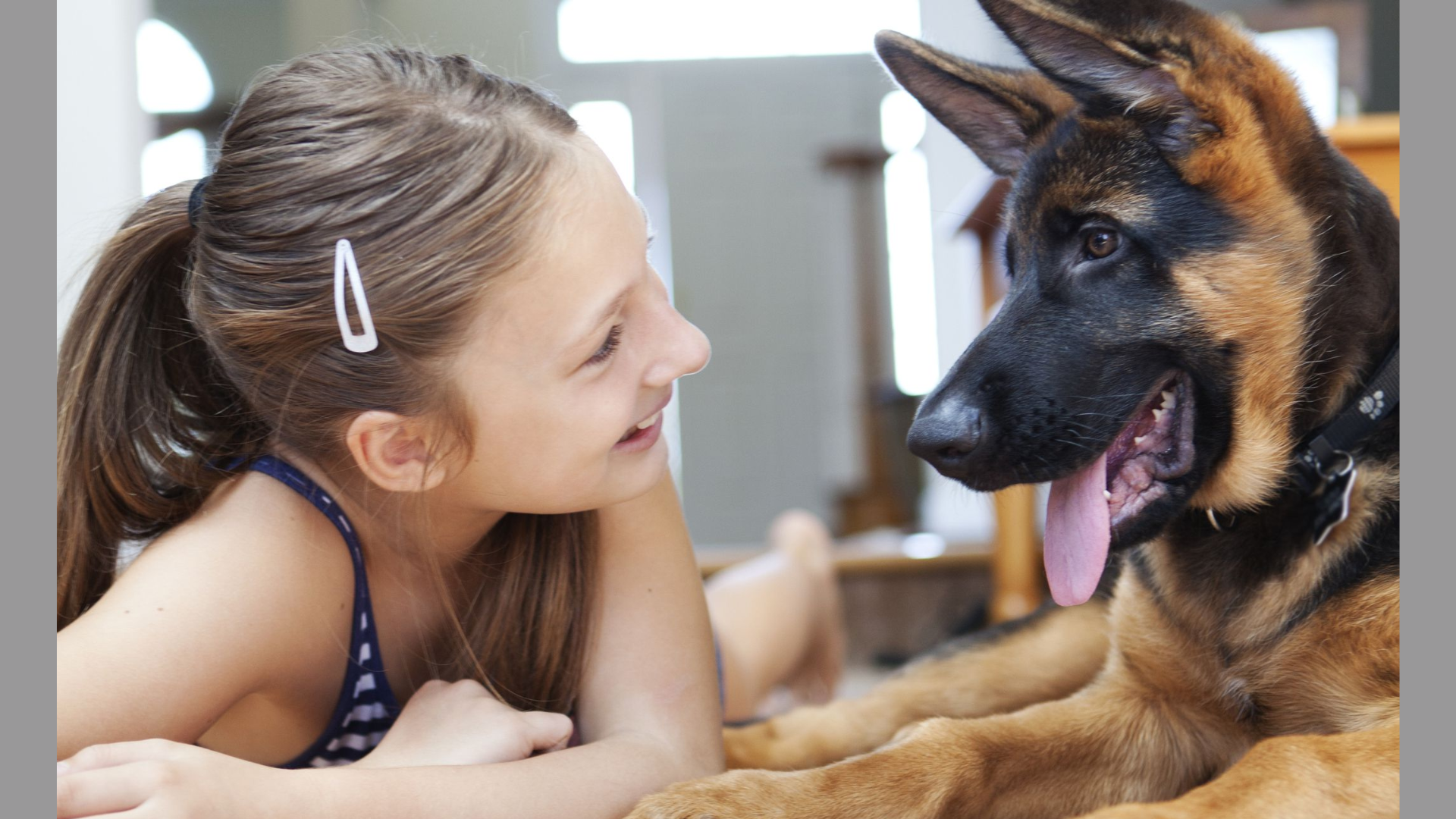
Yes, German Shepherds excel at both roles.
As Family Dogs:
German Shepherds love families and kids. They’re loyal, gentle, and protective. These smart dogs train easily and want to please their owners.
They need daily exercise and mental stimulation. Active families work best with German Shepherds. They play well with children and form strong family bonds.
As Guard Dogs:
German Shepherds are natural protectors. They’re alert, brave, and can tell real threats from normal situations. Their size alone deters intruders.
These dogs bark to warn you but aren’t aggressive without cause. Police use German Shepherds because they’re so effective at protection work.
Comparing German Shepherds to Other Guard Dog Breeds
| Trait | German Shepherd | Rottweiler | Doberman | Belgian Malinois |
|---|---|---|---|---|
| Protective Instincts | Strong | Very strong | Moderate | Very strong |
| Intelligence | Highly intelligent | Intelligent | Very intelligent | Extremely intelligent |
| Trainability | Easy to train | Independent | Very trainable | Highly trainable |
| Aggression | Controlled | High, needs control | Moderate | High, needs control |
| Exercise Needs | High | High | High | Very high |
| Suitability for Families | Great with training | Good, territorial | Good with training | Great with training |
| Guarding Role | Excellent | Excellent | Excellent | Excellent |
The Bottom Line
German Shepherds make outstanding guard dogs. Their intelligence, loyalty, and natural protective instincts create the perfect combination for family security.
These dogs protect fiercely when needed but remain gentle with loved ones.
Success depends on proper training and early socialization. Start young, stay consistent, and you’ll have a devoted protector for years to come.


